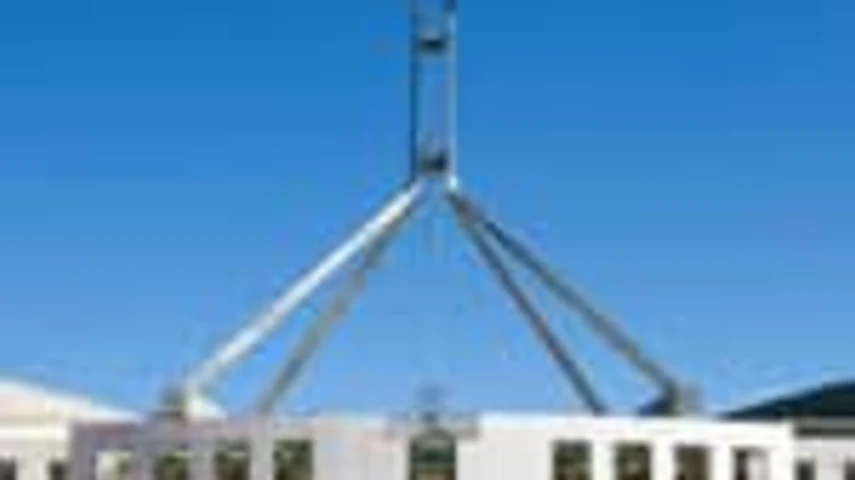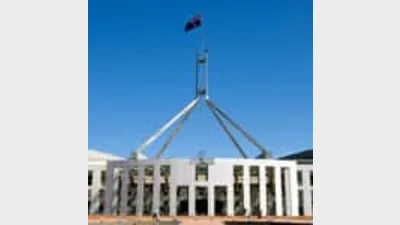End game – a post-election FOFA?



With the Future of Financial Advice (FOFA) bills now having passed both the House of Representatives and the Senate, all eyes in the industry will now be turned to the Australian Securities and Investments Commission (ASIC) and the consequent shape of the regulations it proposes to deliver.
Notwithstanding some strong words from the Opposition during the debate, there was never any doubt about the FOFA bills passing the Senate.
The support of the Greens meant it was a fait accompli and the legislation was ultimately guillotined through the upper house.
But as much as everyone will now be focused on ASIC and the shape of the FOFA regulations, Australia's continuing political circumstances dictate that they will also need to closely track the policy of the Coalition Liberal and National Parties.
They will need to weigh their next steps against the reality that most of FOFA will not become a legislated reality until 1 July 2013, and that within three to six months of that date there will be a Federal Election.
The Coalition will take the Treasury benches before the end of next year and, if it remains true to its word, it will amend or rescind a number of key elements of the FOFA legislation.
If there is no significant change in the polls, the Coalition will take the Treasury benches before the end of next year and, if it remains true to its word, it will amend or rescind a number of key elements of the FOFA legislation, including the two-year opt-in.
In fact, the Opposition spokesman on Financial Services, Senator Mathias Cormann, went to unusual lengths to declare, precisely, what the Coalition would do with respect to the FOFA legislation once it gained Government,
In the immediate aftermath of the bills passing the House of Representatives, Cormann declared:
"The Coalition in government will fix FOFA by implementing all of the 16 recommendations we made as part of the Parliamentary Joint Committee inquiry into this legislation. These changes will include:
- the complete removal of opt-in;
- the simplification and streamlining of the additional annual fee disclosure requirements;
- improving the best interest duty;
- providing certainty around the provision and availability of scaled advice;
- refining the ban of commissions on risk insurance inside superannuation.”
Cormann also earlier this month declared that he remained unconvinced on the issue of refining the terms ‘financial planner’ and ‘financial adviser’ in law.
So the question for financial planners and others working in the financial services industry is not so much how the FOFA Acts and the consequent regulation will look between now and the end of the current financial year, but how they will look after a change of Government occurs.
Stripped of elements such as “opt-in”, it is arguable that the FOFA bills will more closely accord with the objectives outlined in the bipartisan report of the Parliamentary Joint Committee which followed the collapse of Storm Financial.
If it gets the opportunity to do so, the Coalition should ensure this is the case.
Recommended for you
In this episode of Relative Return Insider, host Keith Ford and AMP chief economist Shane Oliver unpack the RBA’s decision to keep the cash rate on hold in the face of rising inflation and whether the governor’s hawkish tone is a sign of things to come.
In this episode of Relative Return Insider, host Keith Ford and AMP chief economist Shane Oliver discuss the September quarter GDP figures, which show Australia’s economy regaining momentum.
In this new episode of The Manager Mix, host Laura Dew speaks to Haley Devine, head of wealth management at MaxCap Group, to delve into private credit and commercial real estate.
In this new episode of The Manager Mix, host Laura Dew speaks to Benjamin Leung, head of systematic investments at Macquarie Asset Management, to understand the use of systematic investments.







